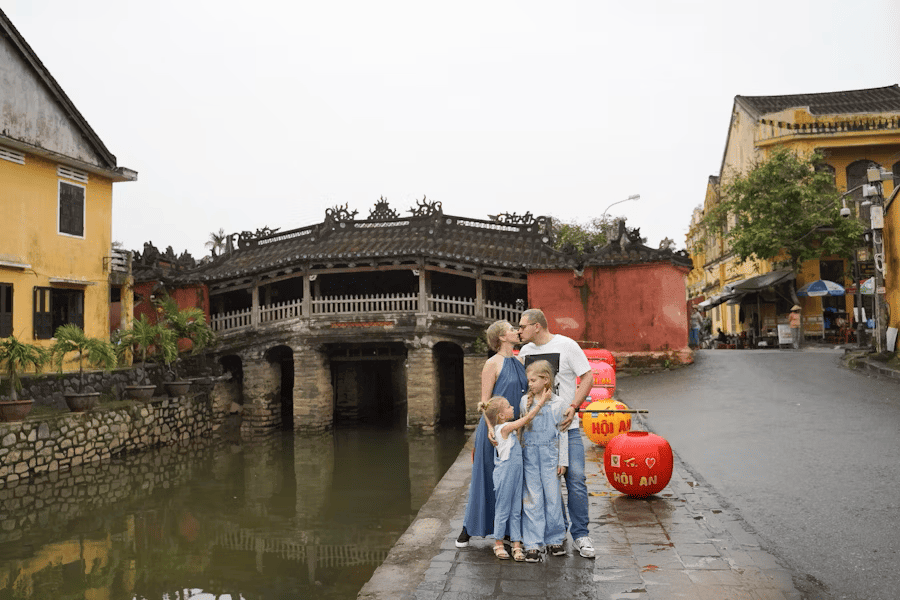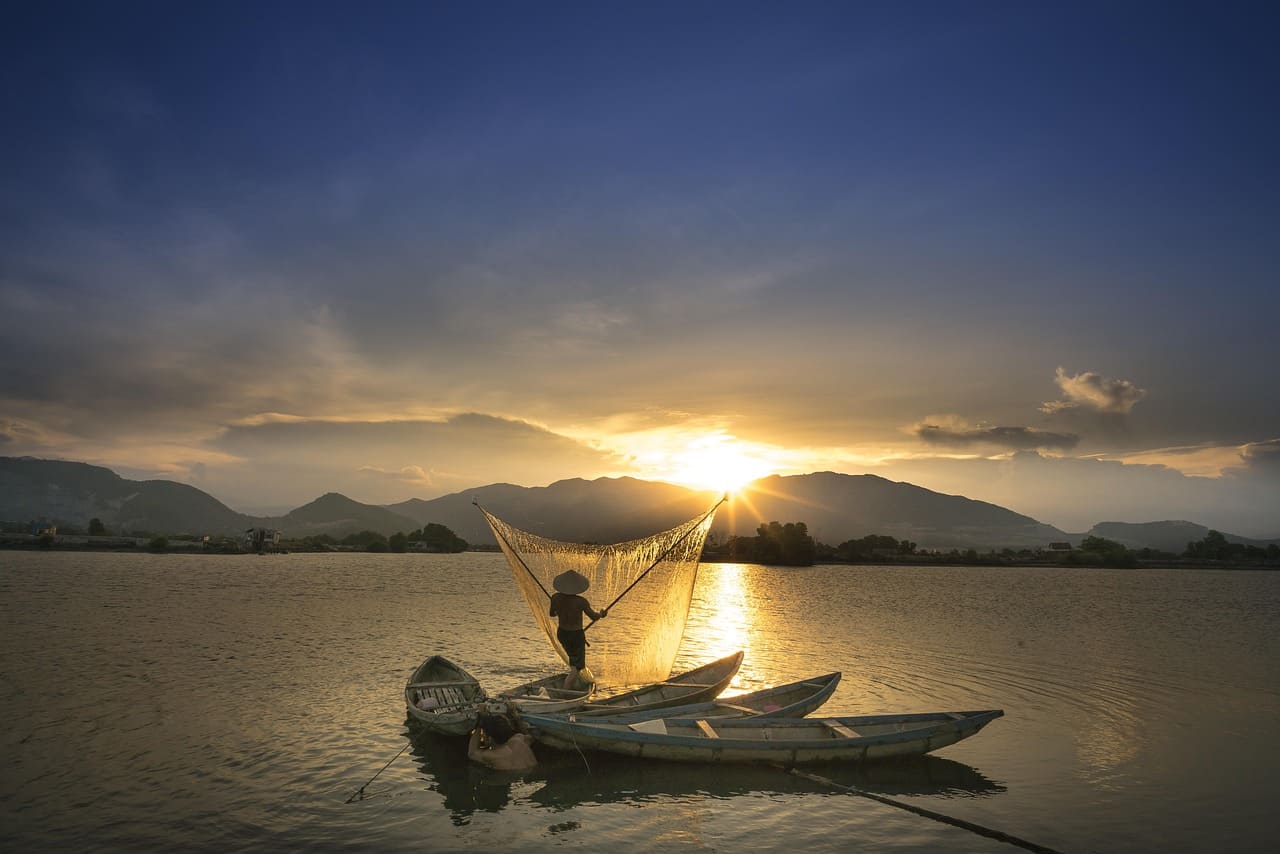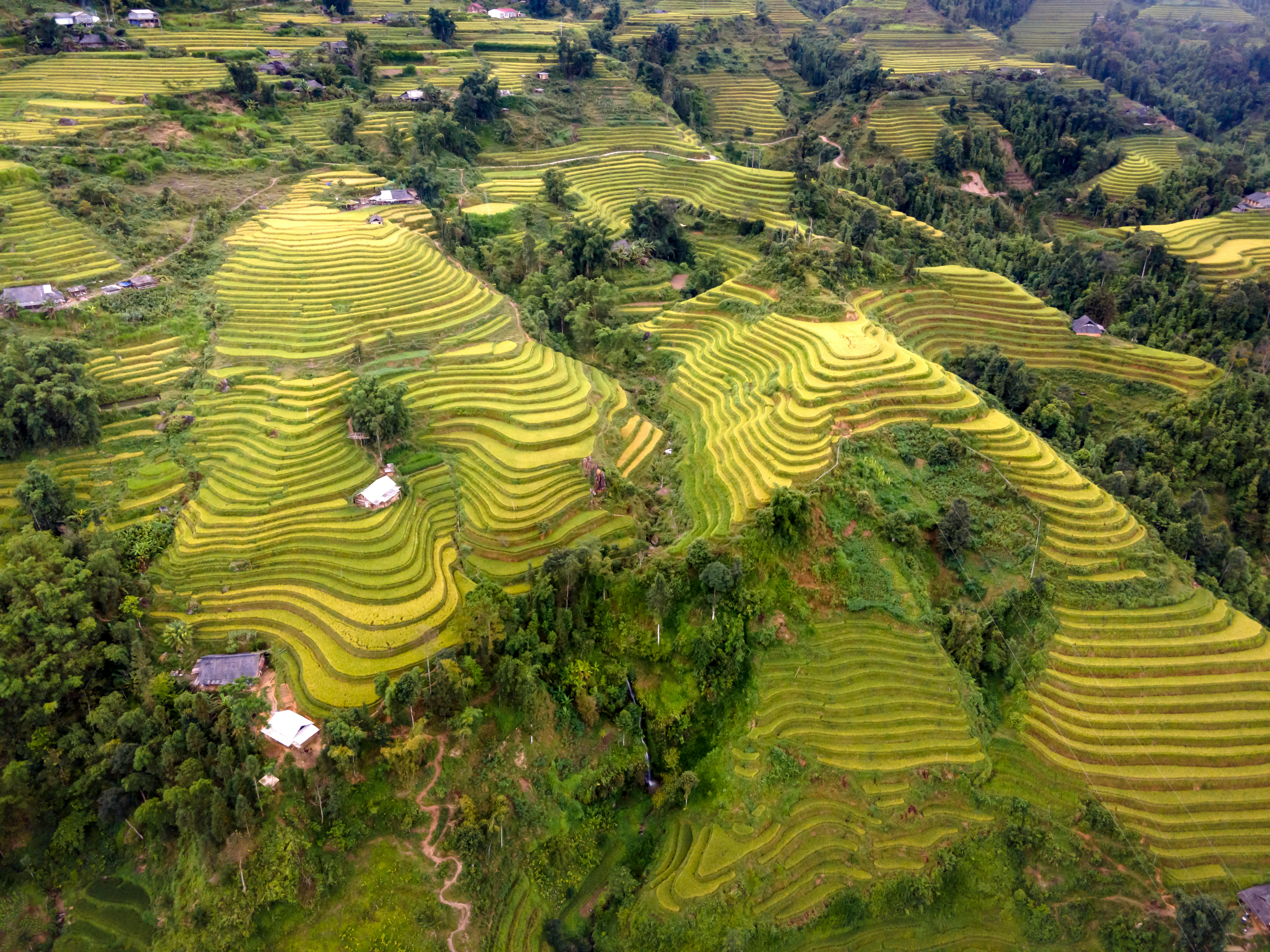
Answer: Visa requirements vary depending on your nationality and the length of your stay. Many nationalities can enter Vietnam visa-free for a limited time. Others may need to apply for an e-visa, visa on arrival, or obtain a visa through a Vietnamese embassy or consulate before traveling.
To make things easier, you can always reach out to us for the best support.
Answer: Vietnam has a diverse climate, so the best time to visit depends on the regions you plan to explore. Generally:
Answer: Vietnam offers diverse transport options. In cities, taxis and ride-hailing apps (like Grab) are affordable and convenient. Cyclos provide a traditional experience. For intercity travel, trains and buses are budget-friendly, while flights save time on long distances. Our tours use high-quality vehicles.

Answer: Packing essentials include light, breathable clothing (especially for warmer months), comfortable walking shoes, sun protection (sunscreen, hat, sunglasses), insect repellent, and any personal medications. Depending on the time of year and region, you might need a light jacket or umbrella. If you plan to visit temples or pagodas, pack modest clothing that covers your shoulders and knees.
Answer: The official currency is the Vietnamese Dong (VND). US Dollars are also accepted in some tourist areas, but it’s best to use VND for most transactions. You can exchange foreign currency at banks, exchange counters, and some hotels. ATMs are widely available in cities and larger towns. Credit cards (Visa, Mastercard, etc.) are accepted in many hotels, restaurants, and shops, especially in urban areas, but it’s always a good idea to carry some cash for smaller purchases and vendors in more rural areas.

Answer: Normally.Street food is very diverse and unique, and we usually let customers freely choose and experience it as they wish. Additionally, please inform us of any dietary restrictions, allergies, or preferences when booking your tour. Vietnamese cuisine is diverse, and we will do our best to accommodate your needs and inform restaurants and guides accordingly.
Answer: You can purchase a local SIM card upon arrival at the airport or from phone shops for affordable data and calls. Wi-Fi is also widely available in hotels, restaurants, and cafes.
Q: What if I need help during my trip?
A: We offer 24/7 emergency support. You will receive a dedicated hotline number and contact details for assistance prior to your departure.

Answer: Vietnamese people are generally friendly and welcoming. Some key points of etiquette include removing your shoes before entering someone’s home or a pagoda, dressing modestly when visiting religious sites, and using both hands when giving or receiving something. It’s also polite to ask permission before taking photos of individuals.
Answer: Tipping is not traditionally a strong custom in Vietnam, but it is becoming more common, especially in the tourism industry. Tipping for good service is always appreciated but not usually required. For guides and drivers who have provided excellent service throughout a tour, a tip is a thoughtful gesture.

